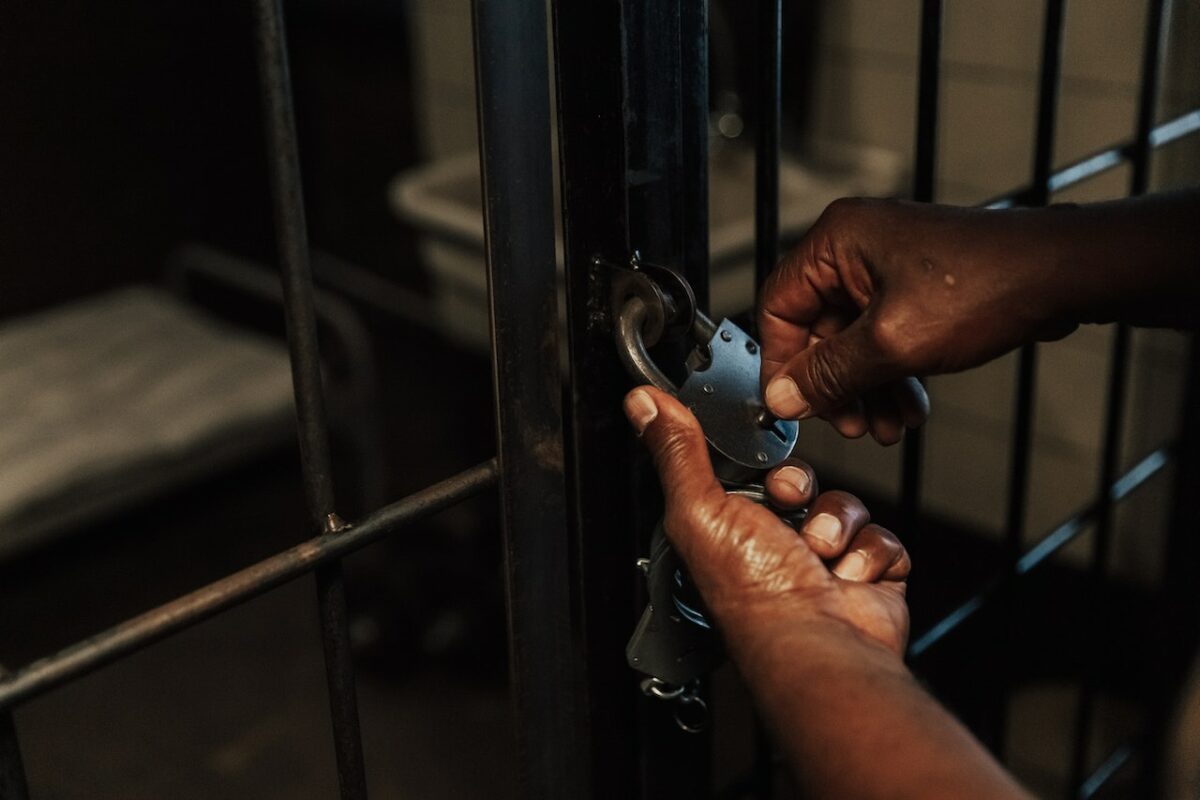Bail bond services assure several benefits to defendants who cannot post bail on their own.
When an individual is arrested, they may be held in jail until their trial or until they can post bail.
Bail is a set quantity of money the captured should pay to be exempt from jail before their test.
If the defendant cannot afford to pay bail, they may seek the assistance of a bail bondsman.
Bail bond services are loans assured by bail bond companies to defendants who cannot afford to pay their bail.
The defendant pays a fee, typically 10% of the total bail amount, to the bail bondsman in Yanceyville, who then posts bail on behalf of the defendant.
This fee is non-refundable, even if the defendant is found not guilty or charges are dropped. It is a small price to pay for the benefits that bail bond services can provide.
The first and most apparent benefit of bail bond services is allowing defendants to be released quickly.
Without the assistance of a bail bondsman, defendants who cannot afford bail must linger in jail until their trial.
This can be a long and stressful time, not only for the accused but also for their family and friends.
Bail bond services can assist in palliating this stress by assuring a quick and efficient way to post bail and safer the defendant’s release from jail.
Another benefit of bail bond services is that they can assure defendants of access to legal resources.
When a defendant is extended on bail, they are free to seek legal counsel and prepare their defense.
This can be difficult to do from inside a jail cell. Bail bond services can provide defendants with the resources they need to mount a strong defense, including access to legal advice and representation.
Bail bond services can also help to protect the defendant’s privacy. When a defendant is released on bail, they can return home and recommence their everyday life while waiting for trial.
Without the assistance of a bail bondsman, defendants who cannot afford bail may be forced to fend in jail or seek help from family and friends.
This can be embarrassing and expose the defendant to undesired attention from the media and the public.
Bail bond services can help to assert the defendant’s privacy by assuring a thoughtful and confidential way to post bail.
Bail bond services assure numerous benefits to defendants who cannot post bail independently.
These benefits comprise quick dismission from jail, access to legal resources, protection of privacy, and financial profits.
While the tariff charged by bail bond companies is non-refundable, the benefits of using bail bond services can far outweigh the costs.

How To Find A Reliable Bail Bonds Service
Finding a reliable bail bonds service can be elemental when you or someone you know is in need of assistance to post bail.
However, with so many bail bond companies, it can take time to determine which one to trust. Here are some tips on how to find a reliable bail bonds service:
- Research online: One of the first things you can do is research online. Look for reviews, testimonials, and estimate from anterior clients. This can give you an idea of the reputation of the bail bonds service and how they treat their clients.
- Check for licensing: It’s essential to ensure that the bail bonds service you choose is licensed to operate in your state. You can check with your state’s Department of Insurance to see if the bail bond company is licensed.
- Ask for referrals: If you know someone who has used a bail bonds service before, ask them for a referral. Personal referrals can be valuable as they come from someone you know and trust.
- Availability: A reliable bail bonds service should be available 24/7. Arrests can happen anytime, so choosing a bail bond company that can help you or your loved one quickly is essential.
- Professionalism: Look for a bail bonds service that is professional in its dealings with you. They should be respectful and courteous and promptly provide you with the information you need.
- Experience: Choose a bail bonds service that has been in business for a while and knows about posting bail for different cases. They should have a durable comprehension of the legal system and be able to assure you with advice on what to expect.
In conclusion, finding a reliable bail bonds service needs research, referrals, and a focus on professionalism, experience, and transparency.
By taking these steps, you can ensure that you choose a bail bonds service that can help you or your loved one in their time of need.

What Are The Alternatives To Cash Bail?
- Cash bail is a practice where a person must pay a certain amount of money as lateral to secure their release from jail while awaiting trial. However, the cash bail system has been criticized for its negative impact on low-income individuals, who often cannot pay the required amount and end up spending extended periods in jail. Here are some alternatives to cash bail:
- Release on Recognizance (ROR): This system is where the defendant is released from jail on the promise that they will show up for their court dates. The court may need them to check in periodically with a pretrial services officer, undergo drug testing or comply with other conditions.
- Community Supervision: This comprises releasing defendants into a program that assures support and services to assist them in filling their court obligations, such as showing up for court dates, attending counseling seance, or maintaining employment.
Risk Assessment Tools: Some jurisdictions use danger assessment tools to determine the likelihood that a defendant will show up for court dates and pose a danger to the community if released. Based on the results of these assessments, a judge can determine the appropriate level of supervision or restrictions needed. - Citation in Lieu of Arrest: In this system, the police issue a source to the defendant requiring them to appear in court on a specified date instead of arresting them and taking them to jail.
- Unsecured Bonds: This comprises setting a bail quantity but not requiring the defendant to pay any money upfront. Instead, the defendant must only pay the bail quantity if they fail to emerge for their court dates.






























